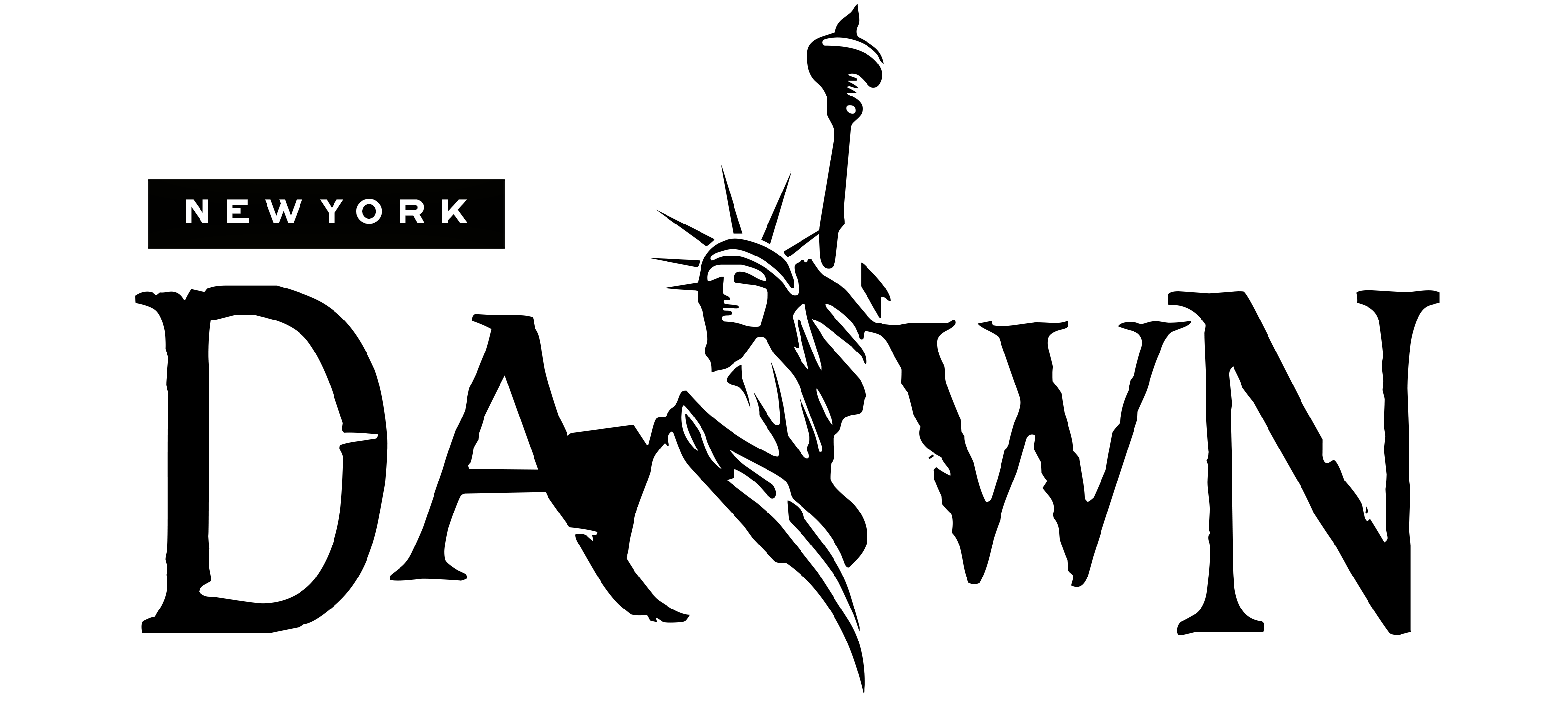

TORONTO — The Federal Court of Canada approved a multi-billion-dollar legal settlement that requires the government to take swifter action to clean up contaminated drinking water on Indigenous reserves and to compensate First Nations for the decades they have gone without access to clean water.
Under the settlement, released by the court late Wednesday, the government will commit to spend at least 6 billion Canadian dollars over nine years to fund water infrastructure and operations on hundreds of reserves, and will pay 1.5 billion dollars in damages to about 140,000 Indigenous people.
In a year that has seen the discoveries of hundreds of unmarked graves of Indigenous children on the grounds of former residential schools, the approval of the settlement is another episode in Canada’s reckoning with the vestiges of colonialism.
Since 1977, the government has been promising to provide Indigenous reserves with water and wastewater systems equal to those enjoyed by most Canadians, but has fallen short of the goal and, in March, missed a deadline imposed by Prime Minister Justin Trudeau.
Just a month before that deadline, a government audit found that “Indigenous Services Canada did not provide the support necessary to ensure that First Nations communities have ongoing access to safe drinking water,” adding that almost half of the existing advisories had been in place for more than a decade.
Chronic underfunding of water infrastructure and operations on Indigenous land has resulted in tens of thousands of people living for longer than one year under orders to boil their drinking water for one minute, and some being told that even their boiled water is not safe for consumption or bathing.
Contaminated and dangerous, especially in cases where E. coli. and high levels of uranium are present, the condition of water on dozens of reserves has created a crisis for First Nations who see water as sacred. Families have been forced to buy their own bottled water, or simply drink the contaminated water if they cannot afford to purchase it, which has been linked to gastrointestinal infections, whooping cough, pneumonia and skin diseases on the reserves, according to the court records.
“Canada’s failure to provide safe drinking water has resulted in deep frustration and relationships being tainted by mistrust,” Paul Favel, the federal court judge, wrote in his Dec. 22 ruling, calling the settlement a “turning point for Canada and First Nations.”
Chief Emily Whetung, a lawyer who leads the Curve Lake First Nation in Ontario, said this settlement won’t help all affected Indigenous communities, especially those who experience intermittent water contamination or those served entirely by private wells. But she relished the achievements of the settlement.
“I’m just so thrilled,” said Chief Whetung. “Now that we’ve turned this corner, we can keep going down this road and ensure that we get access to clean drinking water for all First Nations.”
While the settlement was seen as a victory for Indigenous communities, it could also prove to be a political liability for Mr. Trudeau, whose rivals in the recent federal election campaign regularly criticized his government’s failure to fulfill its promise to eliminate long-term boil-water advisories.
“It’s a problem for his credibility,” said Doug McArthur, a professor emeritus in public policy at Simon Fraser University in British Columbia. “I think he’s going to want to try to use this to show now he will deliver, although it’s an embarrassment, again, because it’s gone through the courts.”
The settlement of 8 billion Canadian dollars, or $6.2 billion, was reached in about two years and was the product of two national class-action lawsuits heard concurrently by the Federal Court of Canada and the Court of Queen’s Bench of Manitoba, the first time the federal court and another superior court have presided over a case together, according to the decision.
On Thursday, the federal government issued a statement saying it looked “forward to implementing this historic settlement.”
The approval of the settlement comes just a few weeks after the federal government announced it was committing 40 billion dollars for compensation of residential school survivors and for addressing discrimination against Indigenous children who receive social services.
Curve Lake, an Ojibway First Nation that was pivotal in bringing the civil suit to the federal court, is about 20 miles north of Peterborough, Ontario, a city of over 82,000 residents. But it is not connected to that city’s water plant. Instead, 140 of its 700 members on the reserve are serviced by a small water treatment plant built by the federal government in the early 1980s, and face regular short-term boil-water advisories. The rest of the community are served by private wells that are vulnerable to contamination.
When the province of Ontario carried out an inspection in 2017, it found the treatment plant wasn’t disinfecting water to the province’s safety standards, according to court records. But the federal government, which is responsible for services on reserves, examined the plant and deemed it “low risk.” The discrepancy between these two assessments, and a chance conversation between a few legal minds on the reserve, helped galvanize the community to move forward with a civil claim.
They were joined by Neskantaga First Nation, a fly-in community in Ontario that has the country’s longest boil water advisory of 25 years. Soon afterward, another lawsuit was filed by Tataskweyak Cree Nation in Manitoba.
Under the agreed settlement, up to 258 First Nation communities that were ordered for more than a year to boil water will be eligible for damages of at least 500,000 dollars each.
It also includes a 400 million dollar economic and cultural restoration fund, and a commitment from the government to repeal and replace existing First Nations drinking water legislation with laws that they believe will more fairly allocate funding for water treatment.
The settlement also implements a dispute resolution process that empowers reserve communities to hold the government accountable to its new commitments and timelines.
“That’s a radically different arrangement from the way things are done today, where this idea of delivering safe drinking water is a political promise,” Michael Rosenberg, one of the lawyers representing the First Nations, said in an interview earlier this month. Currently, he said, “it depends on the political will of the government of the day.”
As of Dec. 17, according to the ministry’s data, 29 communities are facing 38 long-term boil-water orders, and 124 such advisories have been lifted since November 2015. As some are resolved, others have been identified.



